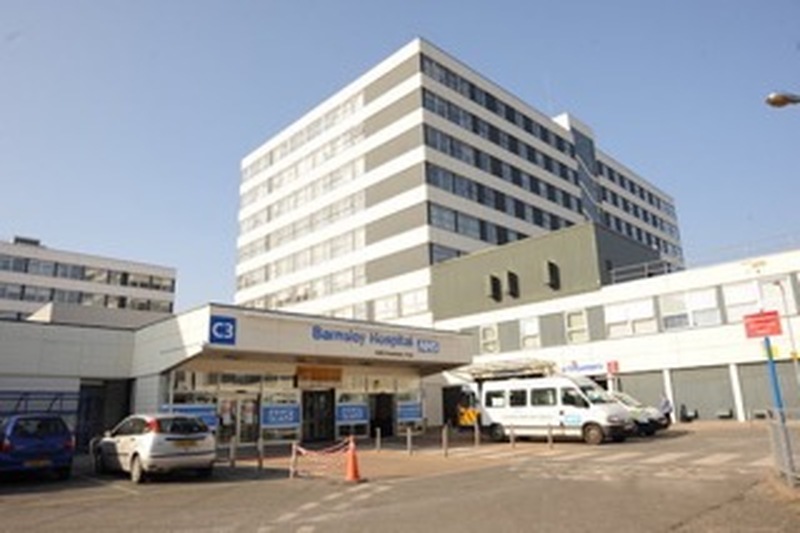STRIKE action at Barnsley Hospital has cost the trust more than £2m over the last year, the Chronicle can reveal.
Both senior and junior doctors took industrial action at the Gawber Road site last year for dozens of days, as they sought a better pay offer from the government.
A report, which has been seen by the Chronicle, shows that over the latest 12-month period strike action has cost the hospital’s trust an additional £2.3m.
This has negatively impacted the trust’s financial position, which is expected to announce a £5.4m deficit for the year-end forecast.
The report states: “In 2023, industrial action has cost the trust an additional £2.3m.
“Planned activity levels remain below plan, and non-elective length of stay, bed occupancy, and sickness levels are also adverse to plan.”
In a bid to combat the strike action, agency workers have been used at a cost of £7m over the last 12 months.
“Pay costs in the year-to-date, are £156m against a plan of £153.5m giving an adverse variance of £2.5m,” the report added.
“Pay costs continue to come under pressure due to the costs of higher than planned staff sickness absence levels; premium cost agency consultants to cover vacancies, and unachieved efficiency.
“For agency costs, the trust has spent £7.03m on agency, which is £700,000 above plan and £1.35m above a cap based on 3.7 per cent of planned pay costs for the year to date.
“There has been some success from the move to a zero tolerance on nurse agency and increased controls on medical agency, however, this is being more than offset by strike cover and other operational issues.”
Figures have also revealed that more than 1,500 appointments and operations were cancelled by the site’s bosses because of NHS strike action over the last year.
Strikes have been conducted by various NHS staff members, including consultants, junior doctors, nurses, and ambulance workers.
The latest six-day strike, which was the longest in the history of the NHS, also resulted in more than 150 appointments being postponed at the Gawber Road site.
The walkout from January 3 to January 9 came after the British Medical Association demanded a 35 per cent pay rise for its workers.
And junior doctors are set to vote again this month on whether or not they should continue to take strike action.
Dr Robert Laurenson and Dr Vivek Trivedi from the BMA’s junior doctors committee said: “It is disappointing to be in the position of re-balloting our members for another six months of strike action when this dispute could have been resolved over a year ago if the government had been willing and reasonable by coming to the table to make us a credible offer on pay.
“In the two weeks since our last strike ended, we have been waiting for ministers to come back to the table, something the Health Secretary said she could do in ‘twenty minutes’ if no strikes were called.
“But no such offer of talks has been forthcoming.
“It is clear the only way for the government to move its position on pay restoration, and to finally start to grapple with the worsening workforce crisis, is to continue with industrial action - which has forced ministers to move their position, however slowly, towards accepting the need for a fairer pay settlement.
“A vote for a further six months of action would show them that there is no use in further delay.
“Instead of waiting out another round of strike action, the government might instead see the urgency of simply coming to the table with a credible offer and trying to end this dispute once and for all.”
A Barnsley Hospital spokesperson said: “We have now seen over a year of industrial action across the NHS and staff continue to work hard to provide patients with the best possible care undertese circumstances.”


























